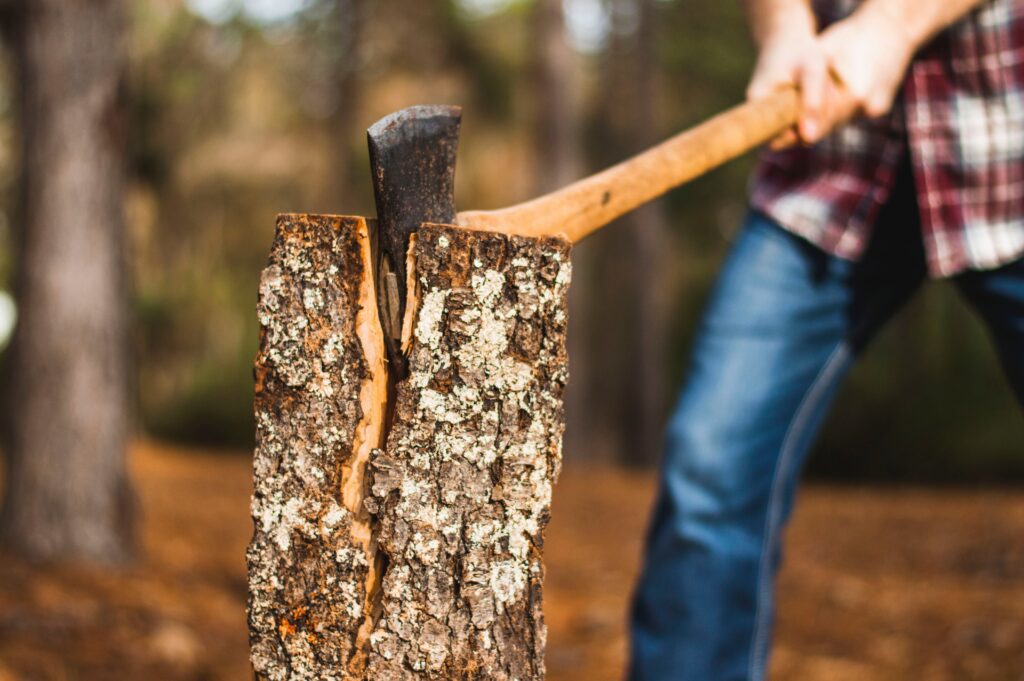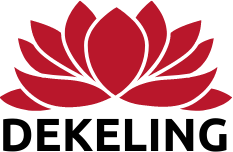
Peter had the question, “What should I do to get the most benefit from retreat?”
It depends on the retreat, and why you are there.
- If you sign up for a retreat to receive teachings on a practice like Chenrezig, there will likely be periods set aside for receiving teachings, asking questions and getting answers, and for practice together as a group and possibly for practicing alone in your room. There will also likely be meals and time for rest or exercise. On these retreats, I generally recommend only reading the readings assigned by the teacher. If you must read something else, read a book on the topic of the retreat—in this case, the best would be to read a book on the topic of the retreat that you have read previously. This way you are not enticed to expand your knowledge at the expense of spending more time in practice.
- If the purpose of your retreat is rest and relaxation, do whatever accomplishes that. Retreats for renewal and reflection are valuable from time to time. Keep careful watch on the habits of body, speech and mind that stir up patterns that sap energy and keep you locked in activities and mental loops that add to fatigue. Remember alternative modalities like movement practices and art.
- If the purpose of your retreat is to deepen your awakening, do one or more practices you already know, on a set schedule. Study and read only those practices, leaning in the direction of more practice than study.
- If you are engaging in a study retreat, split your time between disciplined study and some periods for contemplating the topic of the retreat. Many commentaries raise excellent questions for contemplation. Take time to rest the conceptual mind and do some Shamatha practice so the mind is undistracted and clear. If you are a beginner, pick only a few sources for study; a big pile of books is likely to be a distraction. Keep a list of questions so you can seek out answers when a mentor or book are available.
The most precious retreats are those in which you simply take a practice you know and do it session after session. This deepens your relationship to the practice and creates the conditions for learning beyond the conceptual. On these retreats, set aside a small amount of time for exercise and meals and during those activities, keep your mind on the practice as much as you can. Practice before sunrise and add sessions after dark, as well. Adhere to a schedule.
In most all retreats, these things may help
- Do something towards the accumulation of merit. Recite aspiration or lineage prayers, or do service (clean, cook, etc.), make offerings, or do extra related practice (mantra, etc.). You can also create accumulation of merit before the retreat doing those things, or by making it possible for others to practice.
- Limit talking. Talking on retreat can feel good, but it’s also often a source of distraction. The act of talking engages the mind differently than practice.
- Limit looking at others. Retreat is a deeply internal effort. Keeping your eyes to yourself helps protect each person’s sense of comfort, safety and ease, reserving social energy for inner work.
- Limit reading. The thinking mind and the mind of practice are different.
- Limit or exclude the use of phone and other technology. This kind of engagement takes the mind out of retreat.
- Limit journaling. Journaling can be an important tool for self-discovery, but it takes away from time spent in the mind of practice—a very different use of awareness.
- Maintain as much silence as possible. This reserves energy for practice and contributes to ease and single-pointedness.
- Watch your body, speech and thoughts. In the concentrated container of retreat, the way you use body, speech and even thoughts impacts your retreat.
- Rest enough to be able to practice with diligence.
How you balance your use of this advice depends on your level of practice experience and your habits and proclivities. It might be impacted by your physical needs and your general psychology, as well. Until you are familiar with your needs, and with all the ways you are prone to sabotaging a retreat, get help from your mentor on setting a schedule and choosing the format for your retreat activities.
The general guideline I use is to limit your activities on retreat to those that best cultivate the thing to which you most aspire. If you want to awaken, set the conditions in place to do that. Remember that doing is much more important than reading about doing or talking or thinking about doing. Direct experience is the jet fuel of practice.
Think of this: If you went on a weekend retreat to learn to chop wood, you might read a page or two about how to do it, and you might think about it a little, but you’d learn most about chopping wood by spending the weekend chopping wood.
